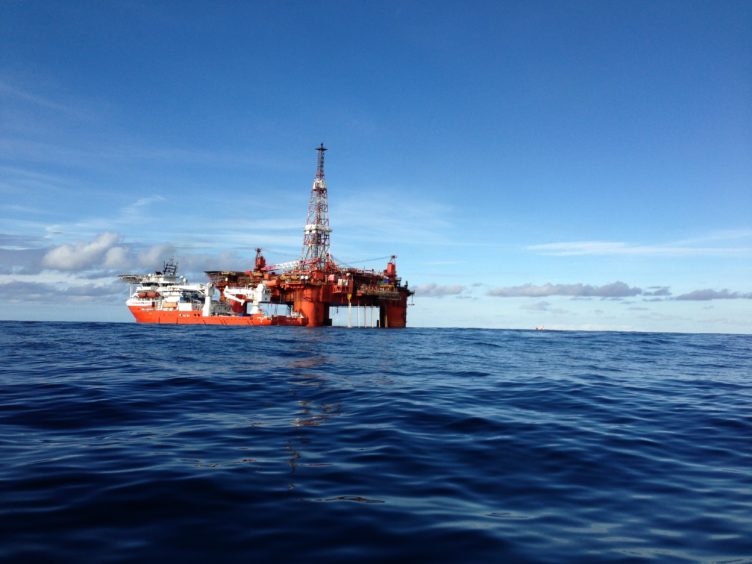
Premier Oil has handed in decommissioning plans for its Balmoral field after deciding to end production early.
In June, the operator told contractors it had made the “difficult decision” to call time on the asset, which started up in 1986, despite saying previously this would be “no earlier than 2021”.
Premier Oil said the Balmoral cessation of production date of October this year was still three years later than first planned when it took on Balmoral in 2009.
In documents submitted to the UK government, Premier has set out a timeline of early to mid-2021 for disconnect and removal of the floating production vessel.
Thereafter it will be towed “to a suitable location for re-sale, re-use or recycling”.
Premier said earlier that the vessel will move off-site in the second quarter of next year, four months earlier than previously planned.
Other work, like subsea decommissioning, plugging and abandonment of wells and the environmental clearance and the close-out report could carry on through to 2028.
Balmoral, which acts as a production hub, will be decommissioned in a programme of activities including the Stirling, Glamis, Brenda and Nicol satellite fields.
It was revealed in June that Repsol Sinopec Resources UK (RSRUK) would also be decommissioning its Beauly and Burghley fields due to Premier Oil’s decision.
The impact of Covid-19 and its impact on oil prices was blamed for the early end to Balmoral.
Premier acquired the Balmoral field, its first UK operatorship, during its 2009 purchase of Oilexco.
It lies around 125miles north-east of Aberdeen in the central North Sea.
Balmoral averaged 1,500 barrels of oil equivalent per day in the first half of 2019, but has produced more than 190million barrels since it started up in 1986.
In June, Premier Oil said “there is still a significant amount of work to be carried out through to cessation of production and to allow the FPV to move off location, all of which we will require support from our contracting community to deliver in a safe and efficient manner”.

